Global repercussions of Russian military action in Ukraine
The world is watching the Russian “special military operation” in Ukraine with bated breath as the slightest misstep can potentially end in such a way that would send shockwaves across the globe.
Russia launched what it calls "a special military operation to demilitarize and denazify Ukraine”.
The "special military operation" began despite weeks of warnings from Western capitals that such a move would have catastrophic results.
The United States and its allies decided not to confront Russia directly, and resorted to supporting Ukraine with intelligence and military hardware.
The west, instead, launched a war which requires neither bullets nor missiles but effects banks and financial institutions; an economic war.
Washington and its allies have announced several rounds of sanctions on Russia, mostly targeting its banks and energy sector.
The scrapping of the highly anticipated Nord Stream 2 pipeline project that would transfer Russian gas directly to Germany was among the measures taken by the West.
Moscow had already warned that it could cut gas supplies to Germany via the Nord Stream one pipeline.
The implications of this event, in the economy, the implications of this for the Russian economy, I don't think are quite as tragic as some of the Western press would, would like to have us believe, because I believe that the Russians have a great many more "shock absorbers" because they are less exposed than many of the Western capitalist economies.
David Barkin, Professor of Economics, Universidad Autonoma Metropolitana
The tensions risk escalating into a wider energy crisis in Europe, which has already, over the past year, experienced fuel shortages and price hikes.
The military conflict and ensuing sanctions are already showing their effects, but not just on Russia.
Russian Deputy Prime Minister, Alexander Novak, said crude prices could surge to over $300 per barrel if the US and the European Union banned imports of oil from Russia.
Oil prices have already spiked to close to $140 per barrel, the highest since the 2008 financial crisis.
Western sanctions on Moscow, coupled with logistics turmoil, have also shaken markets for other commodities.
US wheat futures rose more than 7% nearing an all time high amid fears of supply chaos. European wheat has already hit record highs, as deepening Western sanctions against Russia have fueled concerns about exports from the Black Sea region.
Russia is the world's largest wheat exporter by volume. Russia and Ukraine accounted for about 29% of global wheat exports.
European shares across various stock markets fell to their lowest in a year, with Germany and Italy's benchmark index slipping into what is known as a bear market, in which an investor who expects prices to decline and, on this assumption, sells a borrowed security or commodity in the hope of buying it back later at a lower price, a speculative transaction called selling short.
The economic impact of this crisis, of this war, is not something that we're going to be able to undo, the world will not be able to undo, even if there is a peace treaty in the short term, because the disruptions and the lack of confidence in the old geopolitical arrangements is, is a permanent damage that will affect, profoundly affect, the world economy.
David Barkin, Professor of Economics, Universidad Autonoma Metropolitana
What should be taken into account is that you can't simply remove a part from the system and expect it to continue working without a hitch. Sanctions might hurt Russia in the short term, but in the long run, everyone will lose.
China overtakes US as Germany’s top trading partner
VIDEO | Displaced Gazans struggle to find clean water amid Ramadan
VIDEO | Pakistan strikes militant camps along Afghan border after suicide bombings
Iran FM: Chance still exists for win-win solution to nuclear issue
Denmark rejects Trump's plan to send US hospital ship to Greenland
US Secret Service kills man trying to enter Trump’s Mar-a-Lago estate
US-Israel digital wallet scheme risks placing aid under Israeli control in Gaza: Euro-Med
VIDEO | US support for Israel’s expansionist agenda


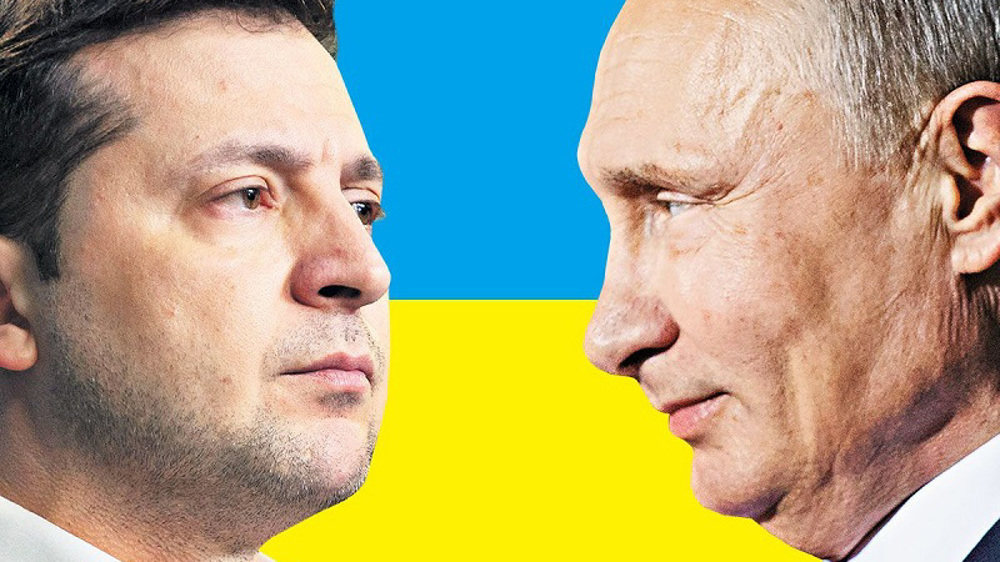
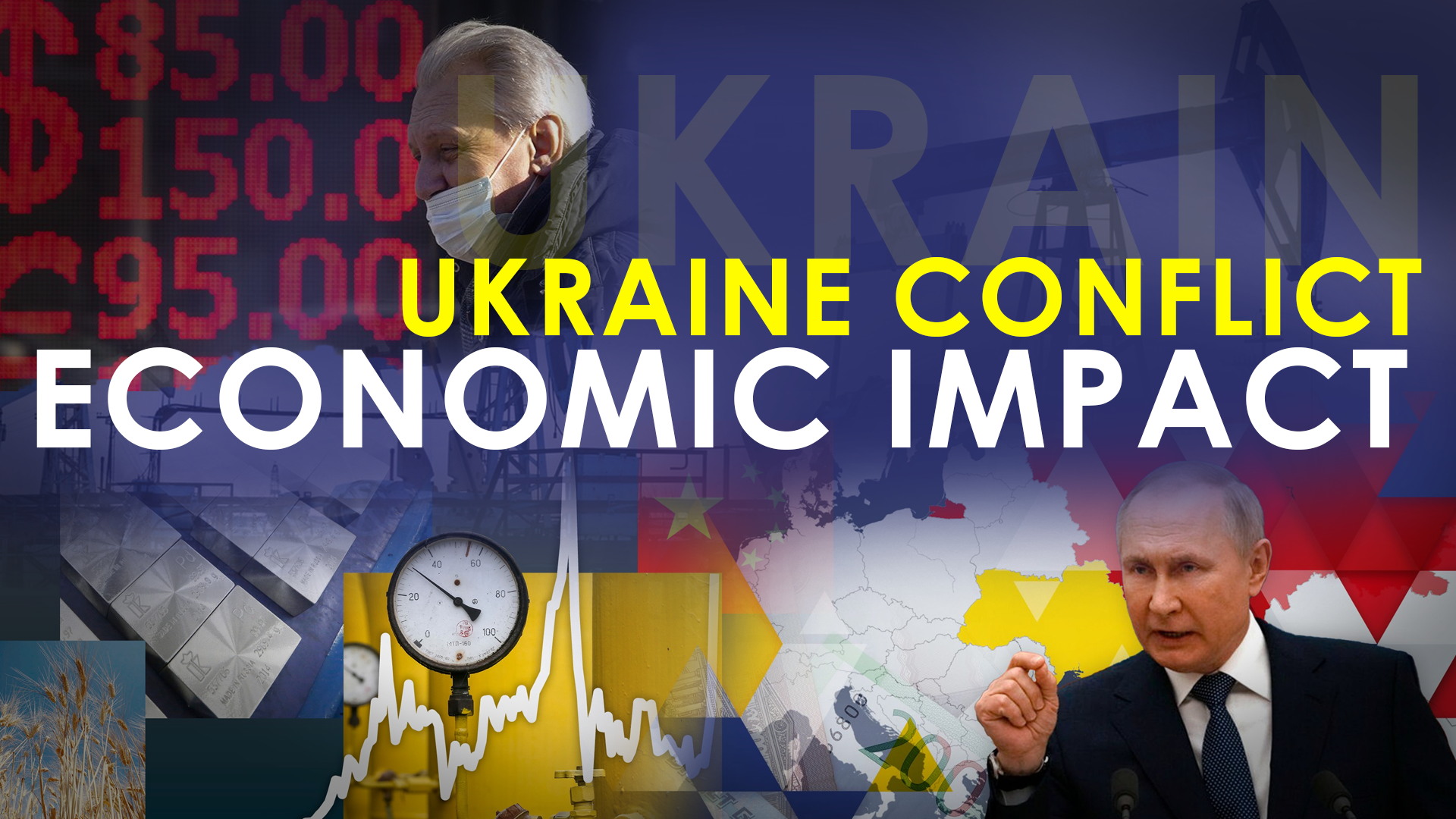
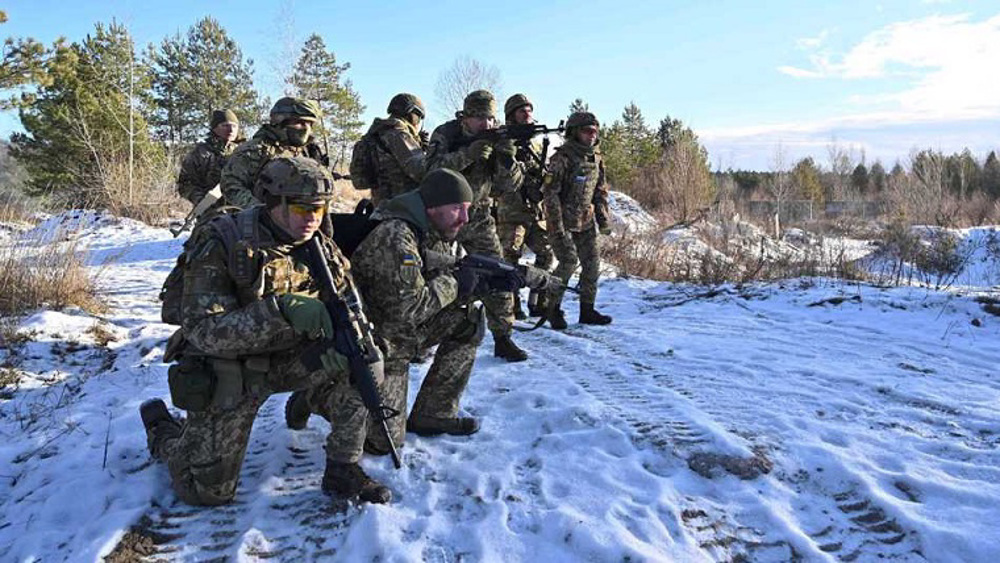
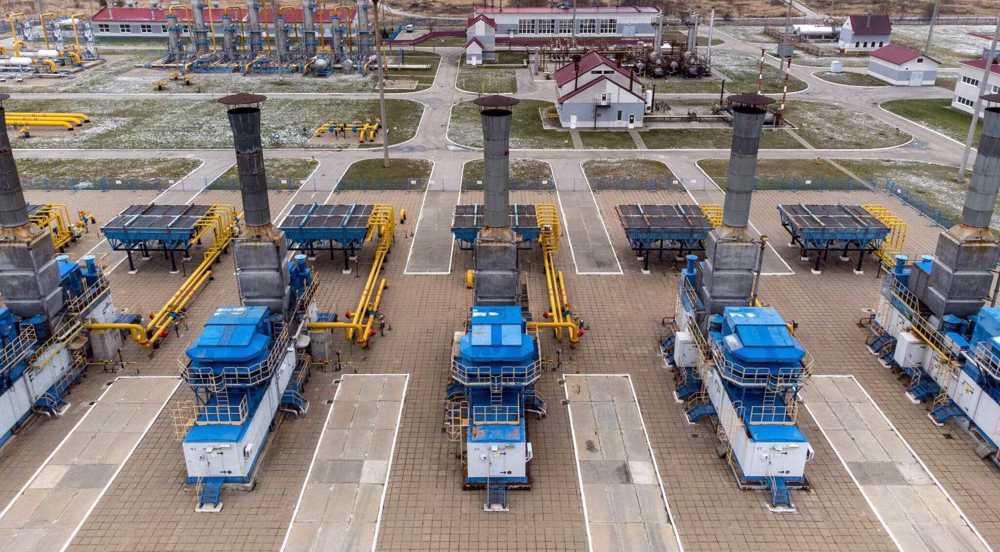
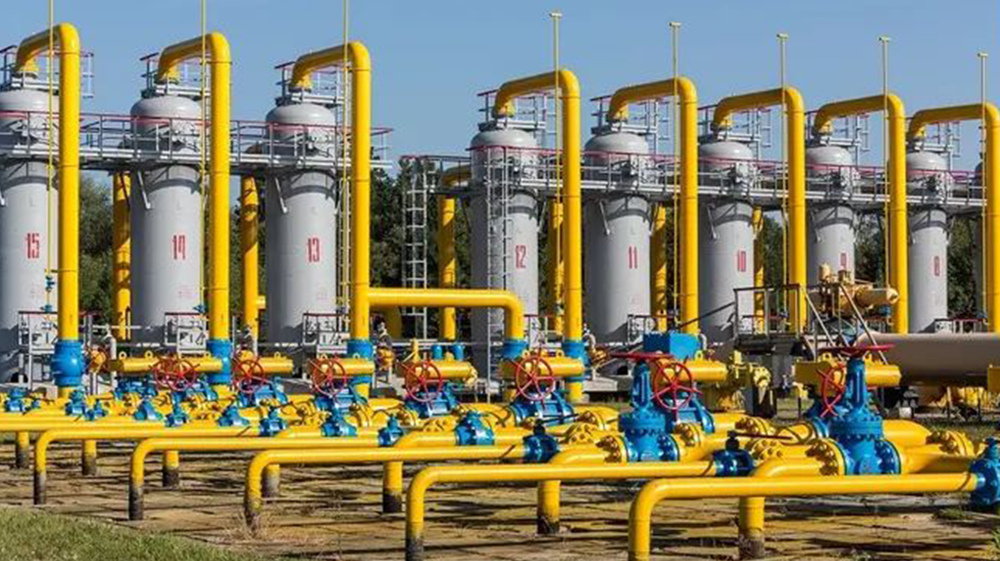
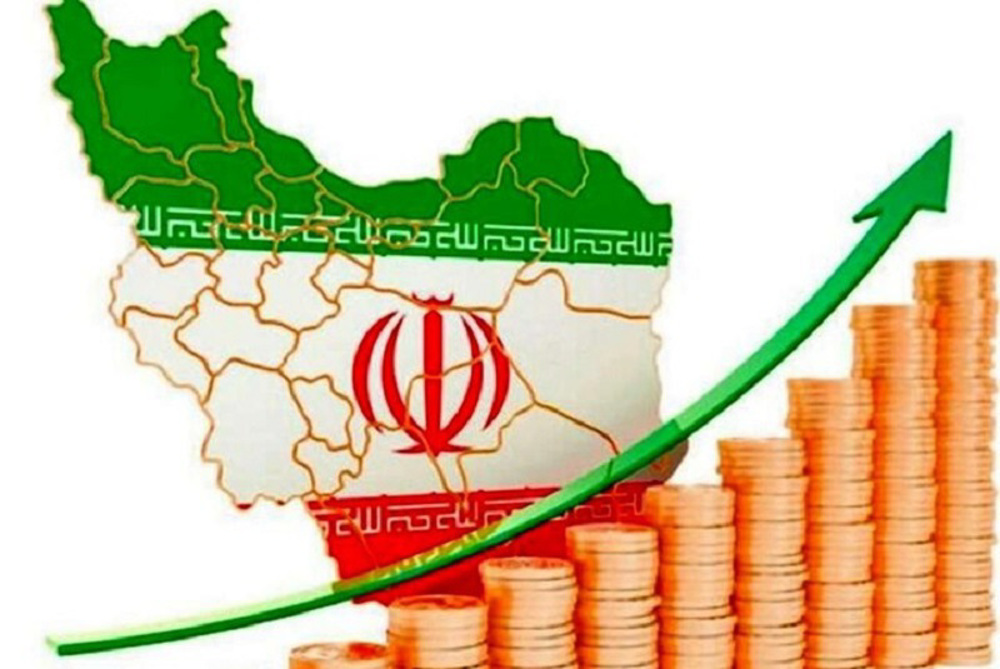





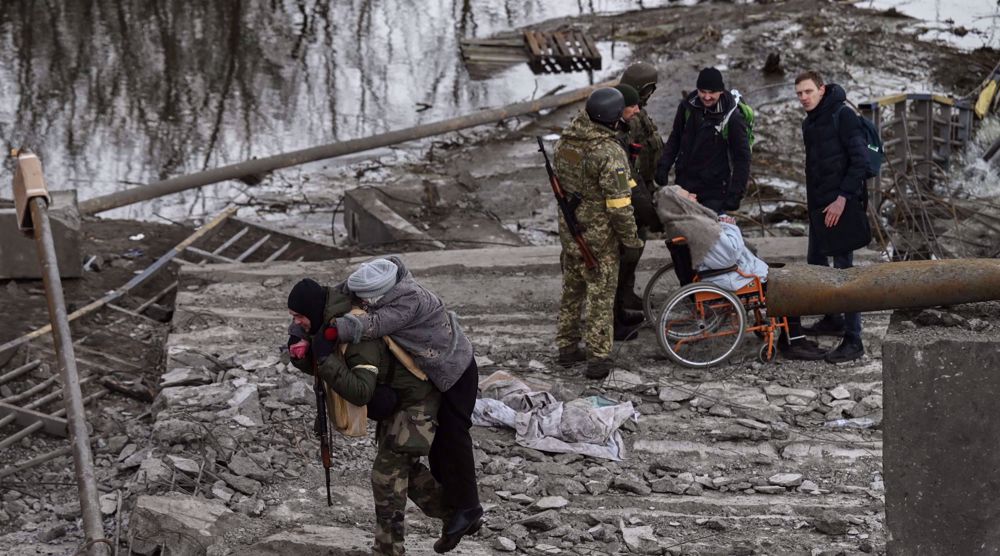
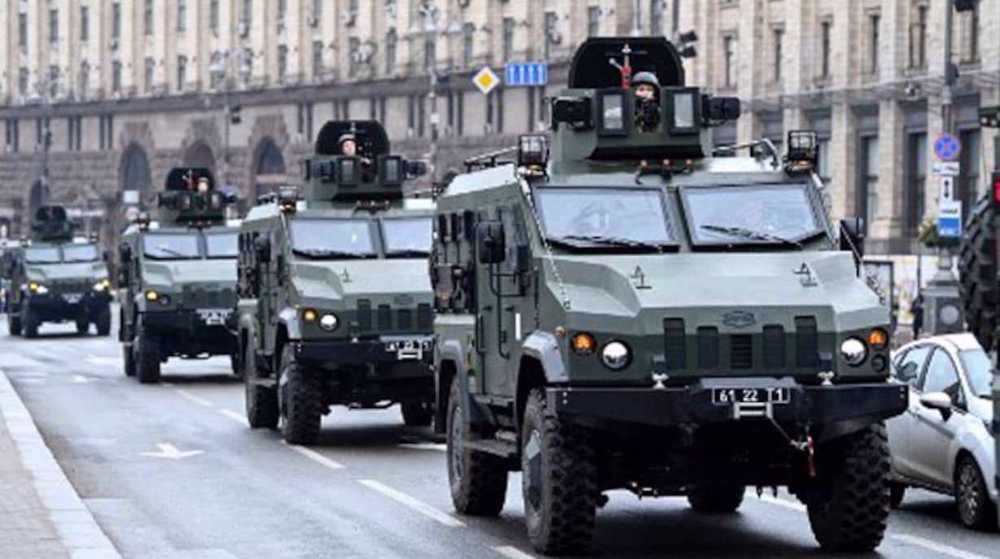
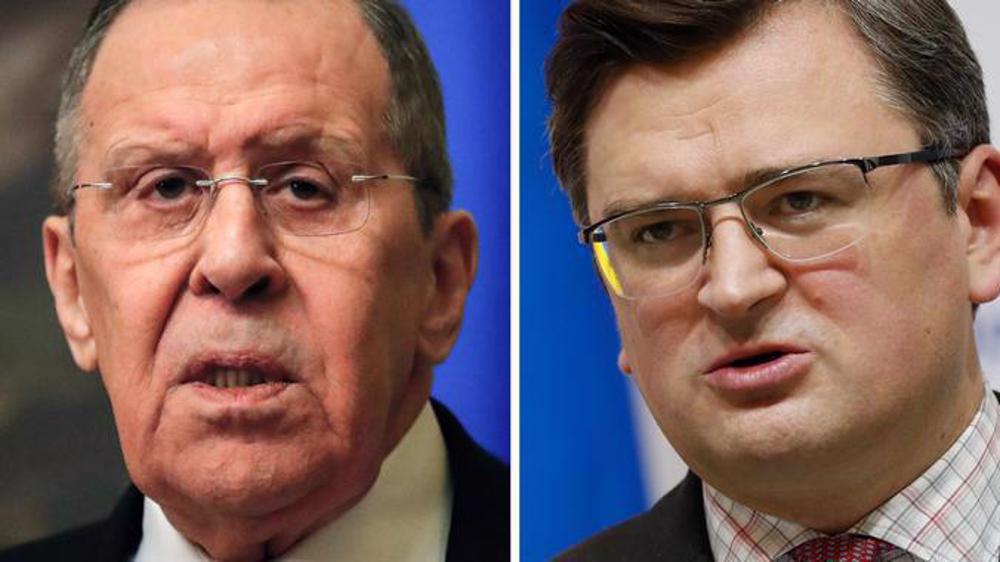
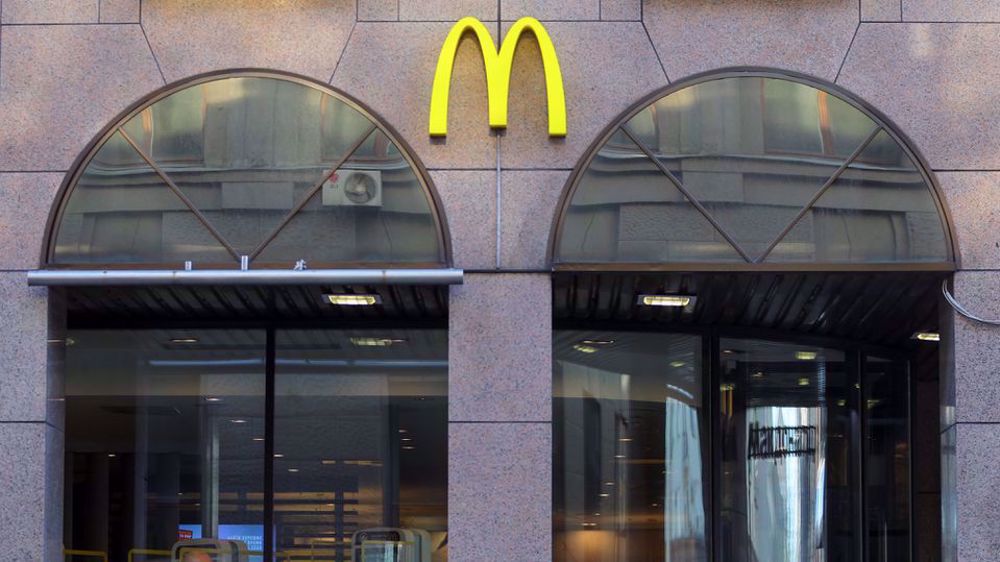
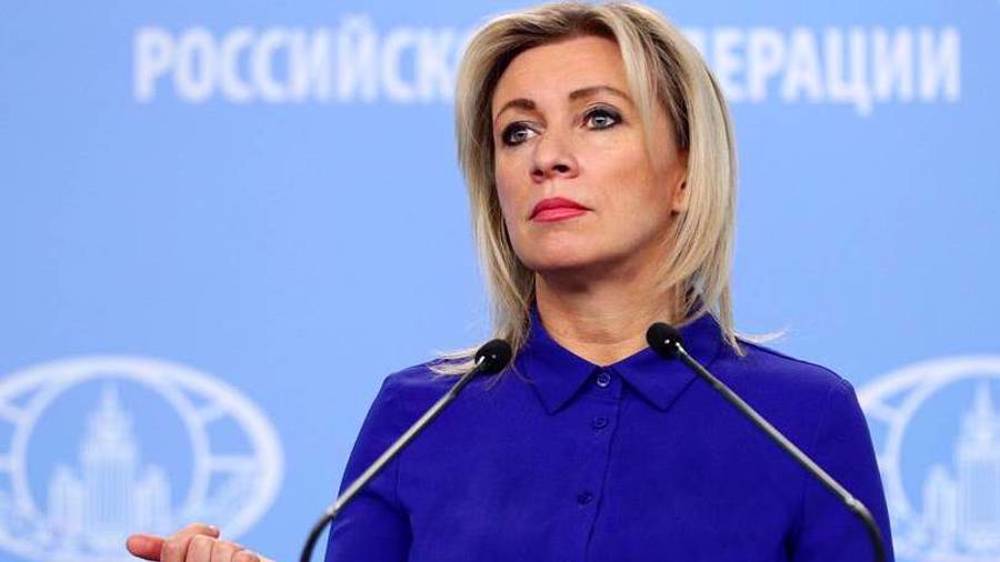



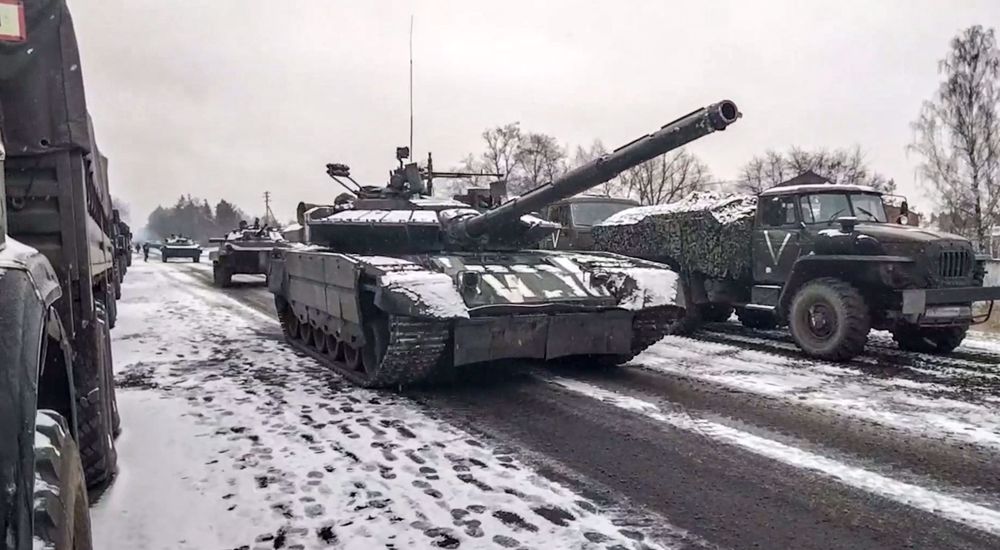

 This makes it easy to access the Press TV website
This makes it easy to access the Press TV website